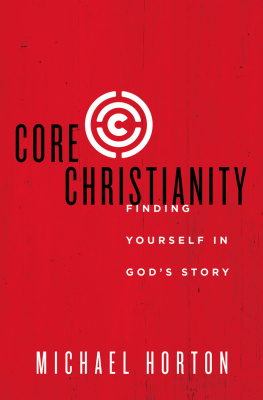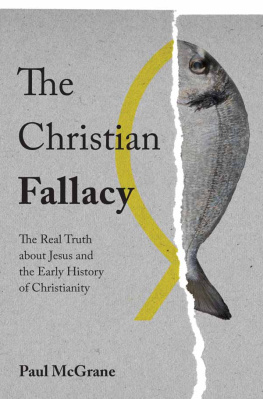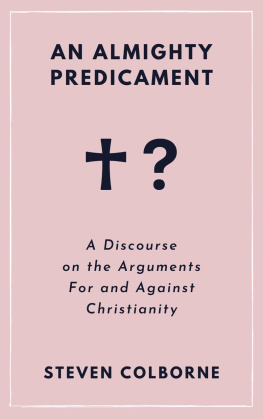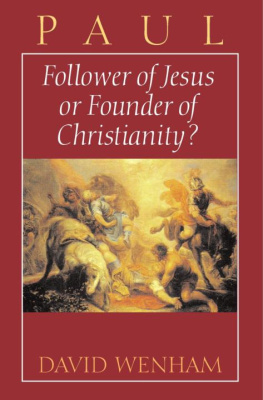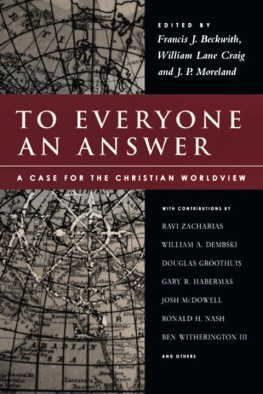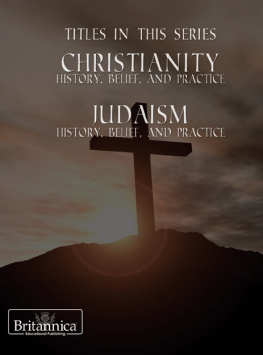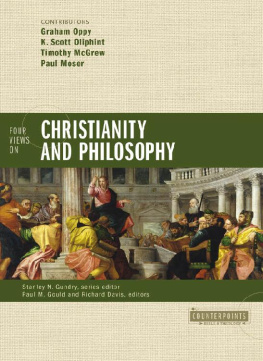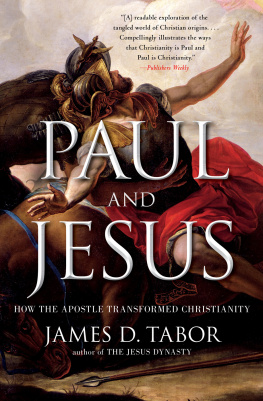Copyright 2021 Matt DeLockery. All rights reserved. Except for brief quotations in critical publications or reviews, no part of this book may be reproduced in any manner without prior written permission from the publisher. Write: Permissions, Wipf and Stock Publishers, W. th Ave., Suite , Eugene, OR 97401 .
Scripture quotations from the ESV Bible (The Holy Bible, English Standard Version), copyright 2001 by Crossway, a publishing ministry of Good News Publishers. Used by permission. All rights reserved.
Scripture quotations from Revised Standard Version of the Bible, copyright 1946, 1952, and 1971 National Council of the Churches of Christ in the United States of America. Used by permission. All rights reserved worldwide.
W. th Ave., Suite
Acknowledgments
T here are a number of people I want to thank, people who have made this project possible. To begin, I want to thank Mike Licona, who connected me with his former doctoral advisor, which enabled me to be accepted into Radboud University in Nijmegen to begin my studies. I want to thank Jan van der Watt for all his support, encouragement, and patience as he guided me through this process. I could not have asked for a better doctoral advisor.
I want to thank Blake Blount for reading parts of this book and offering suggestions. I especially want to thank Kevin Gibby, who read almost the entire book line-by-line, thought through every argument I made, and critiqued everything in-depth. It was not fun reading his critiques, but this book is much better (and much more readable) because of him.
Finally, I want to thank everyone who has financially supported my ministry, Why Should I Believe. If it were not for your generous contributions, I would not have been able to take the time to do this research.
Thank you all, very much!
Introduction
Problem
I f you were to ask someone who had been a Christian for a long time Do you know what Christianity is?, the answer would probably be a resounding Yes! or Of course! You might even be given a look of indignation. After all, how could anyone not know what his or her own religion is?
But, suppose you were to ask that same person a slightly different question: What is the essence of the Christian worldview? or If you were to boil Christianity down to its most basic level, what would it look like? Here, the conversation might take a different turn. He or she might say something like Christianity is the belief that Jesus Christ is the Son of God and has risen from the dead. You could ask, So, is it a belief, then? I thought even the demons believe and shudder. The person youre talking with might reply, Yes, but they dont trust in Him. You could reply again, So, all you have to do is believe in Jesus and trust him? Do you have to live in any certain way, or can you just do whatever you want? They would certainly reply, No, you have to follow his teachings. You might respond, So, now Christianity is a belief, a trust, and a way of life? This process could continue for some time, and the propositions about what is important to Christianity could keep piling up until it is described from every conceivable angle. But, with each new proposition, the conclusion becomes more and more ad hoc. Has this been thought out in advance, or are these propositions just being made up as the conversation rolls along? What is central to Christianity, really?
What if everything were turned around? Suppose a Christian wanted to learn about Islam and asked a Muslim, What is the essence of Islam? It is a non-trivial question to answer, because there are different sects, such as Sunni and Shia Muslims. How does one combine the beliefs of the different groups into one central statement (if such a thing is even possible)? The question that is really being asked is What is so central to the faith that anyone in Islam must believe in, do, etc., in order to call himself or herself a Muslim? This is the same question that was asked about Christianity. If a Muslim who did not know much about Christianity wanted to know what it is, how could a Christian explain it?
Laying aside the question of outsiders momentarily, even within Christianity, this is quite a problem. Large numbers of Christians have decided that they cannot work with one another because they have different theological beliefs. It is extremely common for churches and seminaries to allow people to teach only if they can sign the doctrinal statement of the particular group. This does not mean that churches, seminaries, and other ministries should not be selective in their teachers and leaders. They probably should. But, on what basis should they be selective? What is so central to Christianity that one should decide not to work with other people who call themselves Christians because they think or act differently? People are obviously using some sort of criteria to make their decisions, but what criteria are they using? Are they good criteria? Have they been well thought-out, or are they just made up along the way? When Christians make a decision What actually is important to Christianity? What is its essence?
Paul said in Cor :, If Christ is not raised, your faith is worthless, you are still in your sins. This is a nice and simple statement. If Christ is raised, then the Christians faith is valuable; if Christ is not raised, then the Christians faith is worthless. Ideally, in order to answer the questions above, one would want something like Pauls statement in Corinthiansa very simple and straightforward definition of the essence of the Christian worldview. This is what this study is trying to produce.
Solution
What is the essence of the Christian worldview? is a very large question. As will be discussed in the next chapter, this book will focus on a smaller task: answering that question from the perspective of one of the most important figures in early Christianity, Paul. For those who think that the Bible is the word of God, that all the biblical authors are completely consistent with one another, and that these scriptures are the final authority on Gods will for humanity, this will completely answer the question What is the essence of the Christian worldview? For those who think that church tradition plays a more important role, that the Holy Spirit has been guiding humanity into a more complete understanding of the Christian worldview, that Christianity is a matter of personal faith that varies from person to person, or any number of other views, this study will be a good start to understanding the question. But, it will not be the final word on the issue.
Ultimately, what will come out of this study will include Pauls answers to some of lifes biggest questions: Who are we? Where are we? What is wrong? and What is the solution? Paul will spend a lot of time talking about God, Christ, creation, and humanity. But, more importantly than just discussing these four (very large) topics, he will explain the relationships between them. How are God and Christ related? What is God doing in creation (the world) today? What is humanitys role in creation? and What difference does this make in a persons day-to-day life? He will talk about how theology and practice are connected and answer the question: How does all this theology actually impact ones daily life? And, he will answer something that is an even more fundamental question: Why does it matter?


